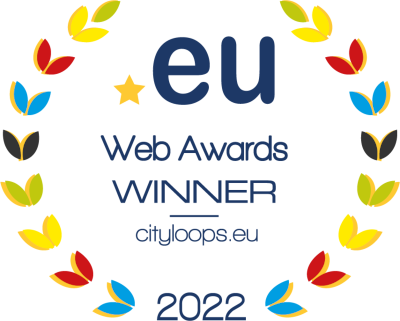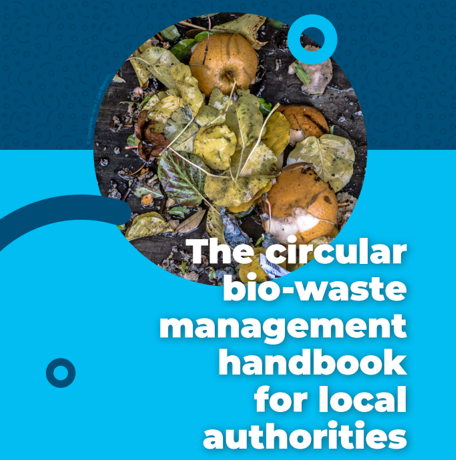Bio-waste
Bio-waste, constituted by food and garden waste, makes up from 30% to 50% of municipal solid waste generated in Europe. Disposal of bio-waste poses a challenge for the environment, as fermentation of organic matter generates greenhouse gases emissions as well as harmful substances. Additional negative impacts are also caused at earlier lifecycle stages, especially for food waste, which represents more than half of bio-waste. With food production being a major driver of the Earth system exceeding planetary boundaries, especially biosphere integrity and biogeochemical flows, land-system change and freshwater use, climate change, etc. There is therefore a need to move away from the current “take-make-waste” approach, towards a circular system that would help us stay within planetary boundaries.
To make circularity a reality, local authorities must implement solutions and measures to slow, narrow and close biological cycles, just as Apeldoorn, Mikkeli, Porto and Seville did within CityLoops. These solutions and measures can be categorised based on their environmental benefits, following the waste hierarchy. As such, local authorities should prioritise bio-waste prevention (narrowing), and the redistribution of surplus food (slowing), to prevent it from becoming waste. However, it is important to acknowledge that food waste and garden waste will inevitably be generated. Therefore, local authorities also need to develop methods for bio-waste collection and valorisation (closing), prioritising decentralised treatment, especially home and community composting. In areas where decentralised treatment is unfeasible, such as city centres, separate collection systems and treatment facilities should be established.
In addition municipalities must, through a series of cross-cutting actions, create an enabling environment that supports the adoption of circularity by all local stakeholders. These “enablers” have been used within CityLoops all along the implementation of demonstration actions (i.e. during but also before and after) and have been integral to its success.
The circular bio-waste management handbook for local authorities
CityLoops seeks to contribute to the further implementation of the circular bio-economy across Europe. Nevertheless, shifting away from the linear economy presents several challenges. The purpose of this handbook is to illuminate the path forward, offering a comprehensive view of the challenges at hand, as well as practical recommendations for enhancing the circular management of bio-waste.
The handbook is intended for a diverse audience of local government practitioners, including waste managers, urban planners, environmental protection officers, procurers, and politicians seeking a deeper understanding of the subject. It is divided into two main sections. The first section focuses on how to implement circularity, while the second centres on enabling circularity, with a specific emphasis on bio-waste and biological cycles.


